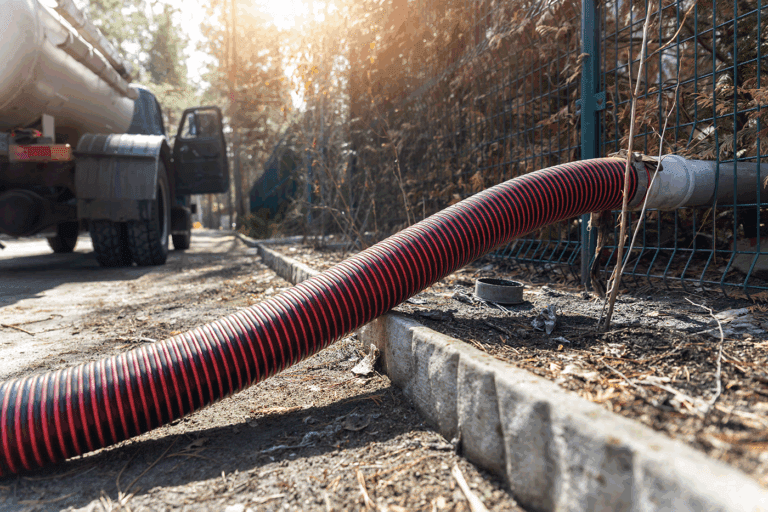Why Choose Us?
- Customized service plan based on your needs
- Full regulatory compliance guaranteed
- A better customer experience
- Competitive pricing
- Nationwide coverage

Nationwide Service.
Hazardous pharmaceutical waste is a growing concern for all types of healthcare facilities, including pharmacies, hospitals, and clinics. It isn’t limited to expired pharmaceuticals, either; vials and bags containing trace quantities of toxic substances, protective gear, spilled liquids and pills, and even packaging can be classified as pharmaceutical waste.
Different types of pharmaceutical wastes carry different risks and are governed by different sets of regulations.
If you have any questions in regards to hazardous pharmaceutical waste or you would like a no obligation price quote for pharmaceutical waste disposal services, call Hazardous Waste Experts at (425) 414-3485.
Why Choose Us?

Hazardous Waste Experts is the leading choice for fast, compliant, low-cost, and sustainable solutions to your hazardous pharmaceutical waste disposal challenges.
We are experts in the disposal of pharmaceutical waste, including listed wastes (F-List, K-List, P-List, and U-List). We provide services across the entire United States.
Our team of experts and specialists, coupled with a broad array of partners, make us the number one choice for on-call hazardous pharmaceutical waste disposal services. We handle all waste types from industrial, commercial, institutional, and healthcare facilities.
Some specific pharmaceutical wastes we service are: arsenic trioxide, chloropropionitrile, cyanide salts, epinephrine, warfarin, and more.

November 21, 2025
Learn how to safely manage the wide variety of reactive and flammable compounds found in metalworking, jewelry-making, and ceramic studios. […]
Continue reading
November 7, 2025
Learn how to manage, recycle, and dispose of both lead-acid and lithium-ion batteries properly in auto shops, dealerships, or fleet […]
Continue reading
October 23, 2025
Learn how to comply with federal, state, and local laws & regulations regarding the disposal and landspreading of septage and […]
Continue reading